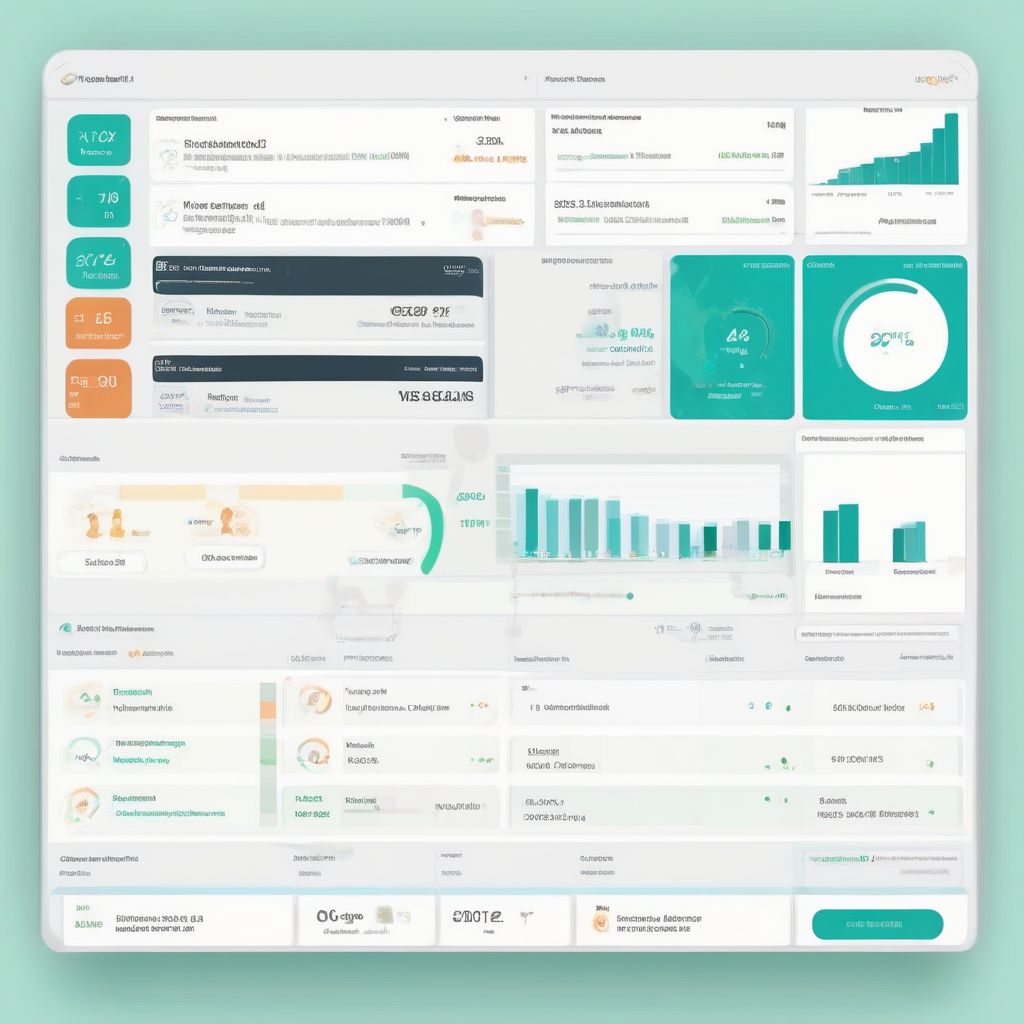In today’s digital age, businesses are constantly seeking ways to optimize their operations and maximize efficiency. One area where technology has made a significant impact is human resource management (HRM). Software For Human Resources Management has revolutionized the way companies handle HR tasks, automating processes, improving data accuracy, and freeing up HR professionals to focus on more strategic initiatives.
Understanding Software For Human Resources Management
Software for human resources management, also known as a human resources information system (HRIS) or human resources management system (HRMS), is a suite of software applications that organizations use to manage internal HR functions. From employee data management to payroll, recruitment, benefits, training, talent management, employee engagement, and employee attendance, HR software helps HR professionals manage the modern workforce. Also called a human resources information system (HRIS), HRMS systems put information about a company’s most valuable assets in front of the people who need them.
Exploring the Benefits: Why Use HR Software?
Why are more and more companies choosing to implement HR software? Let’s explore some of the compelling benefits:
- Improved Data Management and Accuracy: HR software provides a centralized system for storing and managing all employee data, reducing the risk of errors and ensuring data integrity.
- Increased Efficiency and Productivity: Automation of repetitive HR tasks, such as payroll and benefits administration, frees up HR staff to focus on more strategic activities.
- Enhanced Recruitment and Onboarding: HR software streamlines the recruitment process, from posting job ads to onboarding new hires, providing a positive candidate experience.
- Better Compliance and Risk Management: HR software helps organizations stay compliant with labor laws and regulations by providing up-to-date information and automated processes.
- Improved Employee Experience: By automating tasks and providing self-service options, HR software can improve the employee experience and increase engagement.
chuyentiennhanh.org/wp-content/uploads/2024/08/hr-software-dashboard-66b6ea.jpg" alt="Modern HR software dashboard screenshot" width="1024" height="1024">Modern HR software dashboard screenshot
Key Features of HR Software
HR software solutions come equipped with a wide range of features, designed to address various aspects of human resource management. Some of the core features include:
- Core HR: This module typically includes functionalities for storing employee data, managing employee records, tracking attendance, and generating reports.
- Payroll: Automating payroll processing, tax calculations, and deductions, ensuring accurate and timely payments.
- Recruitment: Streamlining the recruitment process by posting job openings, tracking applicants, and managing candidate communication.
- Benefits Administration: Managing employee benefits programs, including enrollment, tracking, and reporting.
- Talent Management: Facilitating performance reviews, goal setting, and professional development initiatives.
- Learning Management: Providing a platform for employee training and development, tracking progress, and measuring effectiveness.
- Employee Self-Service: Empowering employees to access and manage their own information, such as pay stubs, benefits, and time-off requests.
Choosing the Right HR Software for Your Business
Selecting the right HR software for your business is crucial. Consider these factors during your evaluation process:
- Company Size and Industry: Different HR software solutions cater to the specific needs of small, medium-sized, and large businesses.
- Features and Functionality: Identify the core HR processes you want to automate and select software that aligns with those requirements.
- Budget and Implementation Costs: Determine a realistic budget for your HR software investment, factoring in implementation, training, and ongoing maintenance costs.
- Integration with Existing Systems: Ensure the chosen HR software integrates seamlessly with your existing systems, such as payroll or accounting software.
- Vendor Reputation and Support: Choose a reputable HR software vendor with a proven track record of providing reliable customer support.
Conclusion
Software for human resources management has become an indispensable tool for modern businesses, enabling them to streamline HR operations, improve data accuracy, and enhance employee engagement. By automating repetitive tasks and providing valuable insights, HR software frees up HR professionals to focus on strategic initiatives that drive business success. As your company grows and evolves, investing in the right HR software can provide a significant return on investment by optimizing your most valuable asset—your people. For further insights into optimizing your business operations, explore our resources on [relevant internal link] and delve deeper into the world of [relevant internal link].
